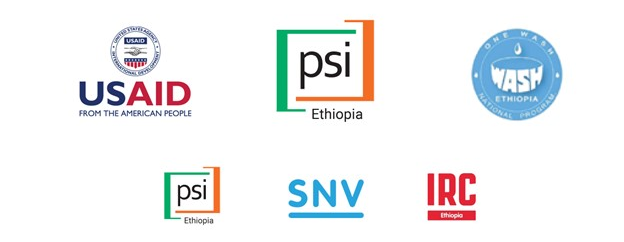
This USAID Transform WASH learning note captures learnings on the existing approaches to support local sanitation businesses at the district level in Ethiopia.
| Title | Approaches to sanitation business development support at district level |
| Publication Type | Briefing Note |
| Year of Publication | 2024 |
| Authors | Mebrate, E, Osterwalder, L |
| Pagination | 15 p. : 1 box; 1 fig; 1 tab. |
| Date Published | 01/2024 |
| Publisher | USAID Transform WASH and IRC WASH |
| Place Published | Addis Ababa, Ethiopia |
| Publication Language | English |
| Abstract | This learning note is to capture learnings on the existing approaches to support local sanitation businesses at the district level in Ethiopia. The learning note is meant to help better understand and frame the existing approaches used by different actors and identify their strengths and weaknesses to generate learnings and best practices, to consolidate recommendations on how to best empower local businesses to accelerate progress towards universal access by 2030. |
| Notes | Includes 8 ref. About Transform WASH USAID Transform WASH aims to improve water, sanitation, and hygiene (WASH) outcomes in Ethiopia by increasing market access to and sustained use of a broader spectrum of affordable WASH products and services, with a substantial focus on sanitation. Transform WASH achieves this by transforming the market for low-cost quality WASH products and services: stimulating demand at the community level, strengthening supply chains, and improving the enabling environment for a vibrant private market. |
| Citation Key | 90944 |